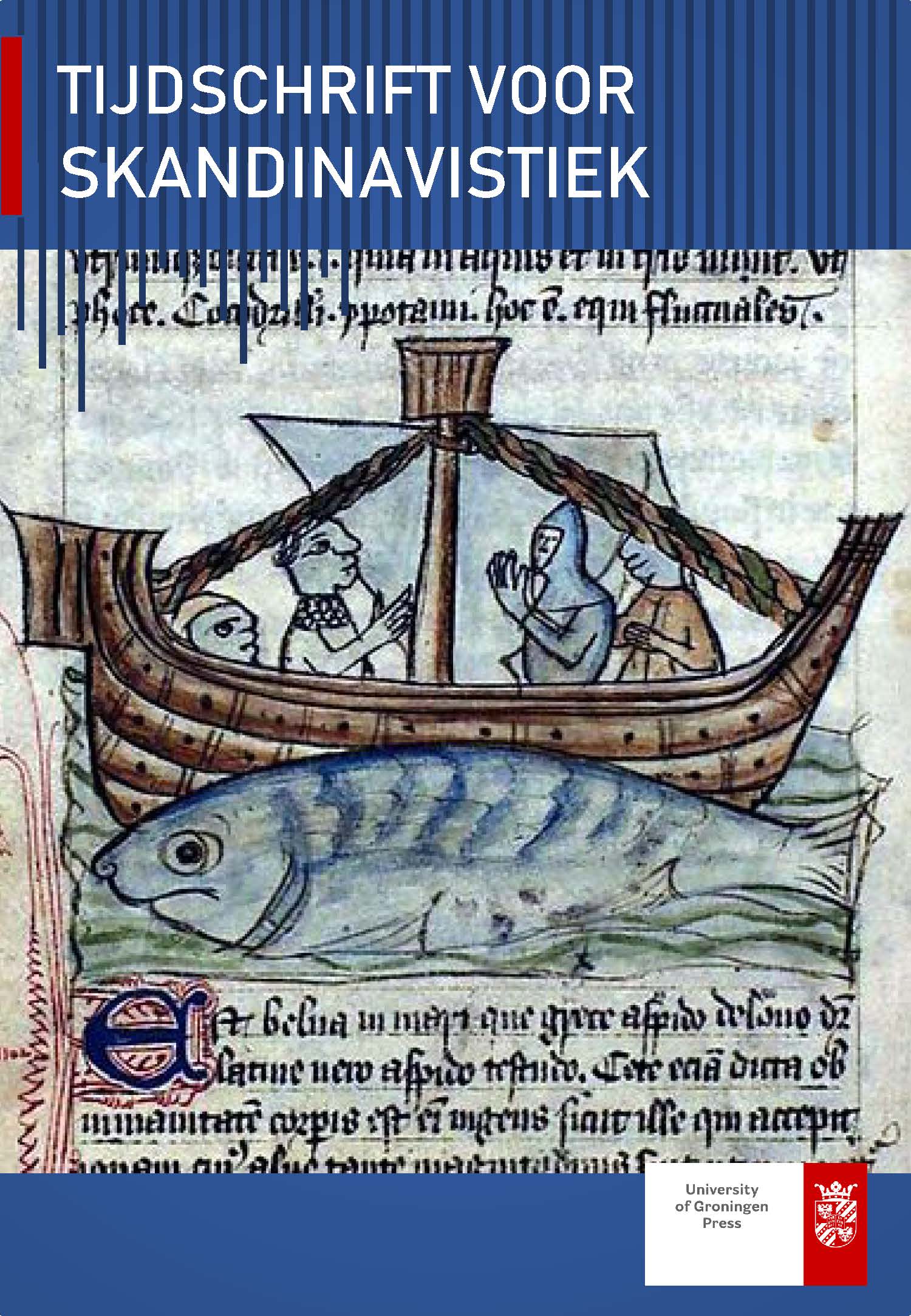Den skandinaviske udvandringsroman – En selvstændig genre?
DOI:
https://doi.org/10.21827/tvs.38.1.37089Trefwoorden:
emigrants, actant analysis genre scandinavian novelsSamenvatting
The Scandinavian Emigration Novel
From about 1850 onward to the early nineteen hundred and thirties, millions of Europeans have emigrated to North America. Over two million of these emigrants were Scandinavians who tried to realize their dreams of freedom and economic progress at the other side of the Atlantic Ocean. They did not always realize that adapting to the American reality often implied sacrifices and hardship. The emigration from Norway and Sweden was far greater than the Danish exodus, and both Norwegian and Swedish historiographers and novelists have depicted the impressive adventures of their countrymen. Danish authors have been more reluctant to venture into the depiction of their countrymen's exodus.
Emigration novels have been a distinct area of interest in Norwegian literary research. In Sweden, especially Vilhelm Moberg’s emigration tetralogy has been studied by scholars and compared with the historical facts. Notwithstanding the abundant secondary literature, with the exception of Sophus Keith Winter, in his essay on Moberg’s emigration novels (1962), Kjetil A. Flatin in the article ‘Historical novel – emigrant novel’ (1977), and Ingeborg Kongslien in her comparative approach Draumen om fridom og jord (1989), no researcher has attempted to define emigration literature as a genre.
In this article, I will try to define the emigration novel as a Scandinavian genre by using a model which combines A. J. Greimar’s actantial model or narrative scheme with the American literary scholar W.Q. Boelhower's insights in American immigrant literature (Boelhover, 1981). A combination of the actantial model and copular clauses or taxonomic links helps to describe the history of the emigration novel. Furthermore, it makes it possible to link emigrant fiction to historiographic literature. In this way, the push and pull factors often mentioned in the historical emigrant literature can be compared with individual emigration experiences.

